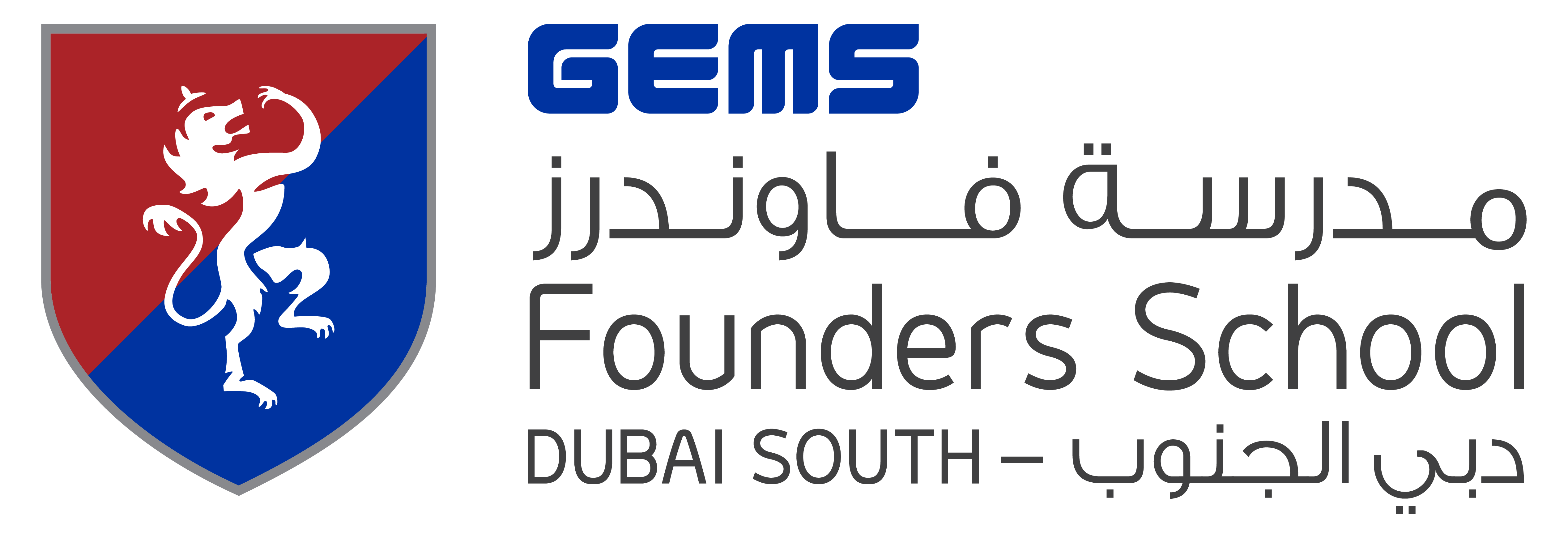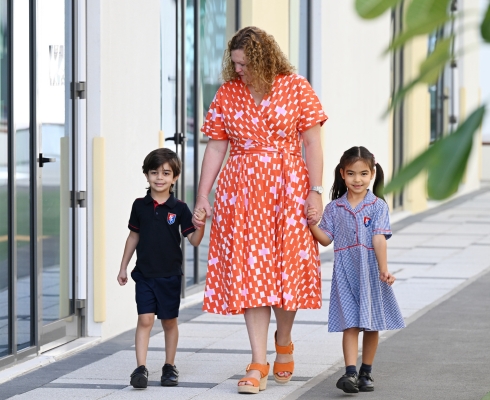
Arabic in UAE
The Arabic curriculum established by the Ministry of Education (MOE) in the UAE is designed to provide students with a thorough understanding and appreciation of the Arabic language. The curriculum aims to develop linguistic proficiency, cultural awareness, and an appreciation of Arabic literature and heritage. It is structured to progressively build students' skills from early years through to secondary education.
Early Years and Early Primary
Objectives:
- Introduction to basic Arabic language skills.
- Familiarisation with simple words, phrases, and sentences.
- Development of listening and speaking abilities.
Key Topics:
- Basic vocabulary: names of objects, colours, numbers, and family members.
- Simple greetings and everyday expressions.
- Introduction to the Arabic alphabet and basic phonetics.
- Listening to and reciting simple rhymes and stories.
Primary Education
Objectives:
- Building foundational reading and writing skills.
- Enhancing vocabulary and comprehension.
- Encouraging a love for reading through exposure to Arabic stories and texts.
Key Topics:
- Reading simple texts and identifying main ideas.
- Writing basic sentences and short paragraphs.
- Grammar basics: nouns, verbs, adjectives, and simple sentence structure.
- Listening to and understanding short stories, poems, and songs.
- Introduction to classical and modern Arabic literature.
Secondary Education (Key Stage 3)
Objectives:
- Developing advanced reading, writing, and comprehension skills.
- Expanding vocabulary and understanding complex grammatical structures.
- Enhancing critical thinking and analytical abilities through literature study.
Key Topics:
- Reading a variety of texts: stories, poems, essays, and informational texts.
- Writing structured essays, reports, and creative pieces.
- Detailed grammar: verb conjugations, tenses, pronouns, and sentence construction.
- Analysing literary texts and understanding themes, characters, and settings.
- Introduction to classical Arabic texts and their historical context.
Secondary Education (Key Stage 4 and 5)
Objectives:
- Mastering advanced language skills for academic and professional purposes.
- Engaging in in-depth study of Arabic literature and cultural texts.
- Preparing for higher education and professional use of Arabic.
Key Topics:
- Reading and interpreting complex literary and informational texts.
- Writing persuasive essays, research papers, and critical analyses.
- Advanced grammar and syntax, including complex sentence structures and idiomatic expressions.
- Studying significant works of classical and modern Arabic literature.
- Exploring Arabic rhetoric, stylistics, and literary criticism.
- Discussion of contemporary issues in Arabic-speaking societies and their representation in literature.
Teaching Methods:
- Interactive and student-centred approaches, including discussions, debates, and group work.
- Use of multimedia resources to enhance language learning.
- Encouraging creative expression through writing, drama, and presentations.
- Incorporating technology for language practice and research.
Assessment:
- Regular formative and summative assessments, including quizzes, exams, and project work.
- Oral assessments to evaluate speaking and listening skills.
- Continuous feedback to support language development and proficiency.
- External assessments (ABT)




